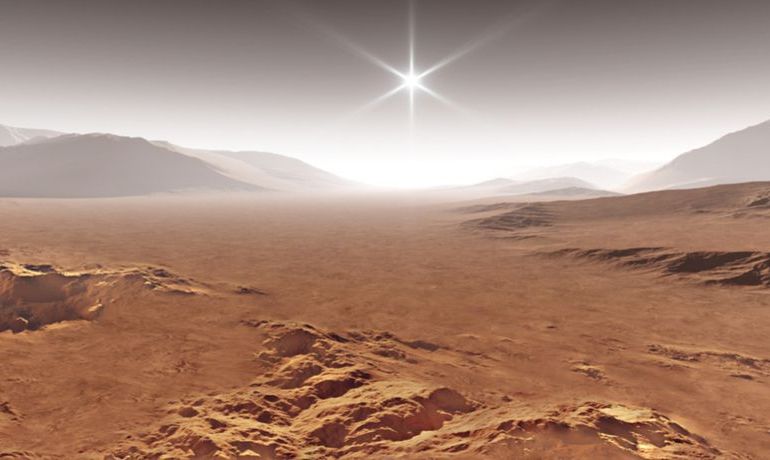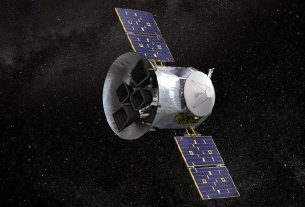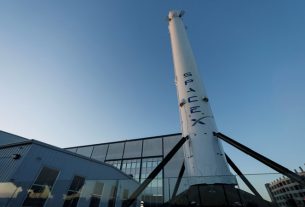Finding a fuel that can generate power is one of the many challenges for developing a permanent base beyond Earth. Earth’s moon and Mars are two favorite destinations of the world scientists for colonization. The United States has landed humans on Moon, but it is yet to launch a crewed mission to Mars. American chemical engineers are now planning to look for the possibility of setting up a gas station on Mars. They have been developing new ways to find out fuel and store it for usage. Engineers said that they are developing a mechanism that will convert greenhouse gases to fuel. This will help astronauts in setting up a home on Mars. The CO2 reactor will make Martian fuel that astronomers can use during missions.
Researchers said that they used a carbon catalyst in a reactor. This converted carbon dioxide into methane. It is called the Sabatier reaction. Notably, the International Space Station uses a similar process to scrub CO2 from the air. The CO2 at the ISS is generated from astronauts’ breathe and rocket fuel. Notably, the atmosphere of Red Planet’s main component is carbon dioxide. If researchers managed to get a breakthrough, this will help astronauts to save more than 50 percent of the fuel that is required for returning to Earth from the Red Planet. Researchers said that astronauts can pump carbon dioxide through the reactor to generate methane to power a rocket.
Researchers said that synthesizing fuel from CO2 is even more commercially viable when it is coupled with renewable energy. The excess green energy that currently is being thrown away can be stored. The process can be used in power plants where tons of CO2 is produced. The process is efficient as it can easily take place where CO2 is produced in the plant. Any advancement in fuel production from CO2 is crucial in determining the colonization on Mars. The reactor comes with an additional benefit. University of Cincinnati researchers said that the reactor could also help in bolstering the fight against climate change. The reactor recycles CO2 to achieve carbon neutrality to address the menace.

Carolyn is a technology graduate and loves to write about anything related to technology as well as writes in others sectors. Carolyn is a professional writer with over 7 years of experience. Initially starting off as a programmer, Carolyn decided to combine her knowledge about technology and writing and that’s how she joined Reporter Expert.


